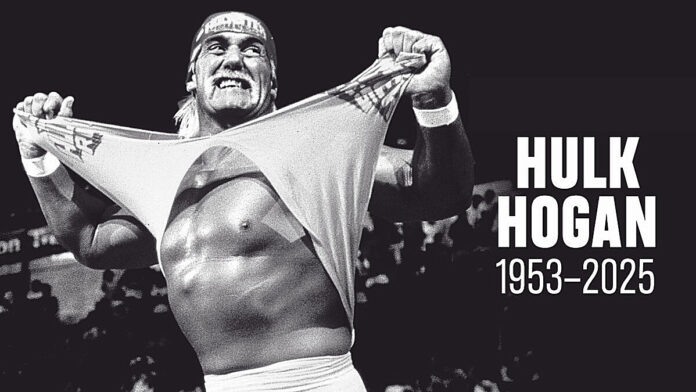On July 23, 2025, news broke that Hulk Hogan had passed. At 71 years of age and having been the most famous professional wrestler who ever lived, he unsurprisingly drew an outpouring of tributes on social media and in the press. It was also noteworthy, however, how many critics spoke up too, not bowing to the impulse to lionize and whitewash the history of the recently deceased, but rather pointing out that the man may have worn out his welcome on the mortal plane.
Such is the legacy of Hulk Hogan, chock full of complicated, contradictory feelings around a major celebrity who helped shape a business and was such an inspiration for generations, while also suffering a profound fall from grace on record over the course of the last decade of his life.
Hulk Hogan Was The Most Important Star In Pro Wrestling History
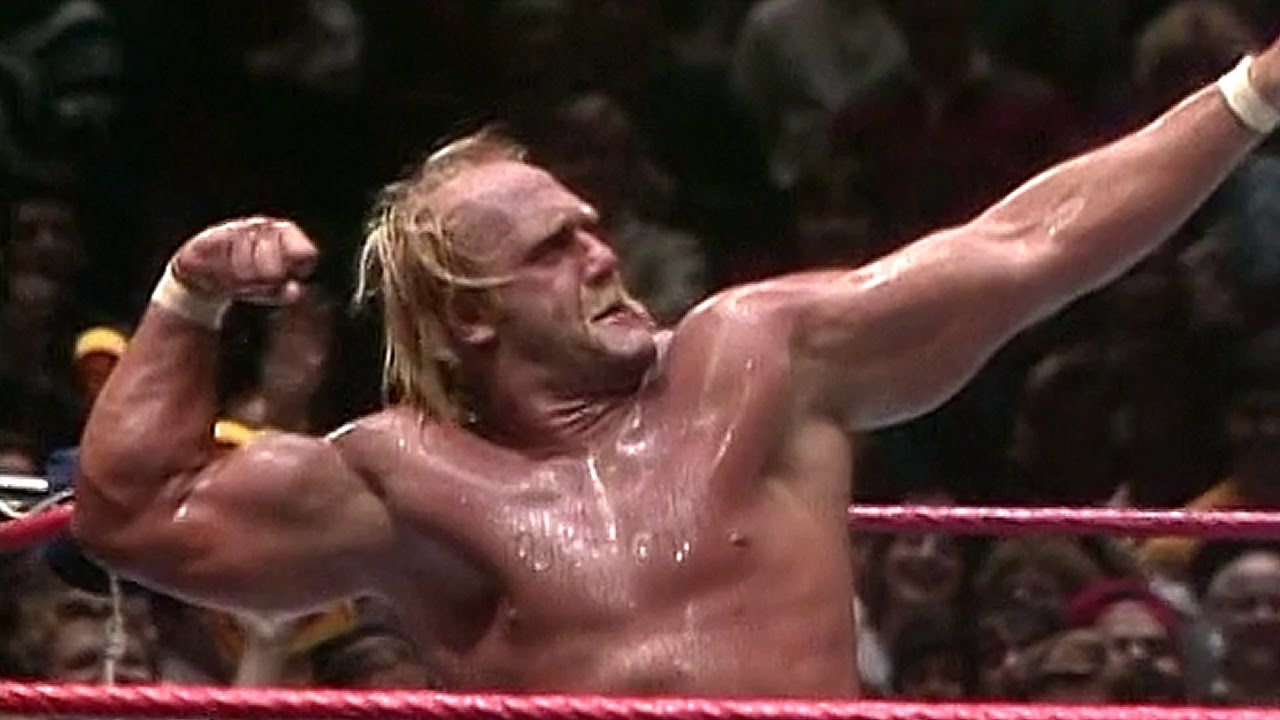
From the late 1970s to early 1980s, Hulk Hogan was a pro wrestling star, making waves in WWE, the AWA, and for New Japan. Despite representing a different style than promoters tended to push on top at the time, it nonetheless wouldn’t have been shocking, even then, to learn that he’d one day be a world champion.
When Hogan did win his first world title in January 1984 it marked a shift for not just his career but the wrestling business. Vince McMahon had the vision to take WWE national; Hogan was the primary vehicle to make that happen. A larger than life superhero, Hogan became the business’s defining champion and babyface in a run that launched WrestleMania and took WWE into the stratosphere.
It’s all the more remarkable that Hogan’s time on top had a second act. In 1994, he became the face of WCW. More importantly, 1996 saw Hogan’s heel turn elevate WCW in very similar ways to how the original Hulkamania run elevated WWE. The New World Order became an enormous draw that allowed WCW to beat WWE in TV ratings for a year and a half and remain competitive for some time to follow.
Though nothing should have surprised fans by that point, Hogan even had one more trick up his sleeve. When he returned to WWE in 2002, he briefly burned bright one last time as a nostalgia act, capturing the imagination in a run that led to his dream match opposite The Rock at WrestleMania 18 and one last world title run to follow.
It may well have been this run that fueled WWE leaning into nostalgia with returning legends and such emphasis on its Hall of Fame for decades to come. That’s not to mention Hogan’s own periodic returns to the company and his run with TNA.
Hulk Hogan Crossed Over To The Mainstream
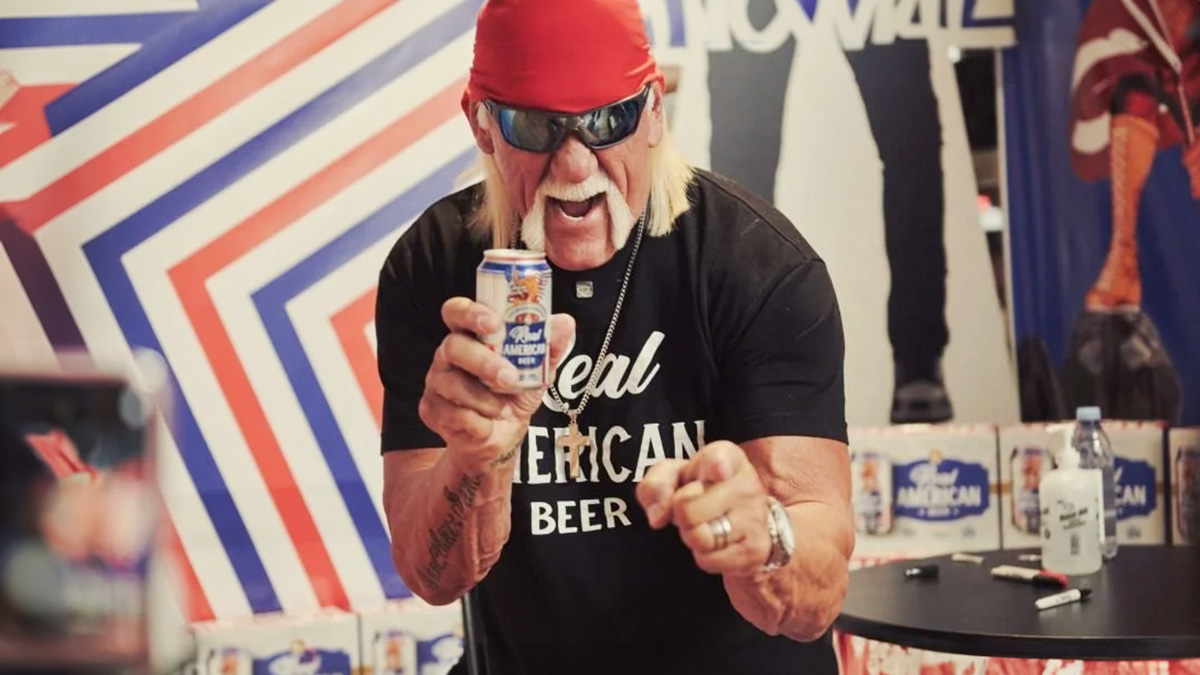
Ask the average person who has never followed pro wrestling to name five wrestlers. If the person at hand can complete the task, the odds are Hulk Hogan’s name made the list.
Hogan entered pop culture as the face of WWE at its hottest. He appeared on MTV and late night talk shows, main evented seven out of the first eight WrestleManias, and became the subject of an unprecedented volume of toys and merchandise. All of that’s before the nWo became a pop culture phenomenon in its own right.
So it is that, for all his baggage, The Hulkster remains one of a very small handful of wrestlers who could die and make the entire world take notice.
Hulk Hogan’s Backstage Reputation Took A Hit
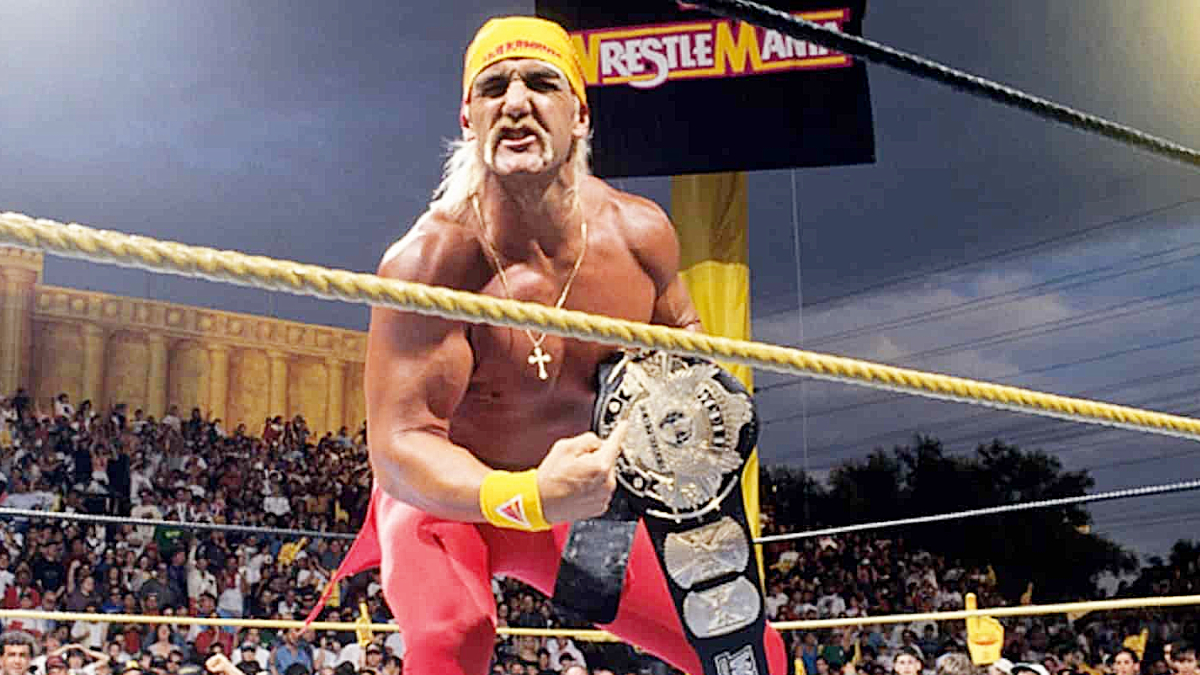
The era of tell-all books, documentaries, and podcasts was not kind to Hulk Hogan’s public image. He’d been WWE’s top babyface and WCW’s top heel, and though plenty of “smart” fans may have cooled on him, it was difficult to deny his sheer importance to the wrestling business.
However, one-by-one, accounts fleshed out an unflattering portrait of Hogan. Bret Hart’s book may have offered the most compelling, well-rounded accounting.
The Hitman recalled himself and his contemporaries loving Hogan for what a draw he was—the rising tide that lifted all their ships to financial prosperity. However, Hart also recalled a double-talking, politicking Hogan who contributed to a booking mess at the top of the card in WWE in 1993. From there came the version of Hogan who ran roughshod over WCW, holding down talents, abusing creative control, and strategically choosing when to and not to appear on television to take credit for ratings spikes.
While Hogan has spun his own version of events—looking out for his and his family’s financial well being in a tumultuous business where his body wouldn’t allow him to compete forever—a murkier picture of how and why Hulkamania ran wild so long took shape.
Hulk Hogan Fell From Grace
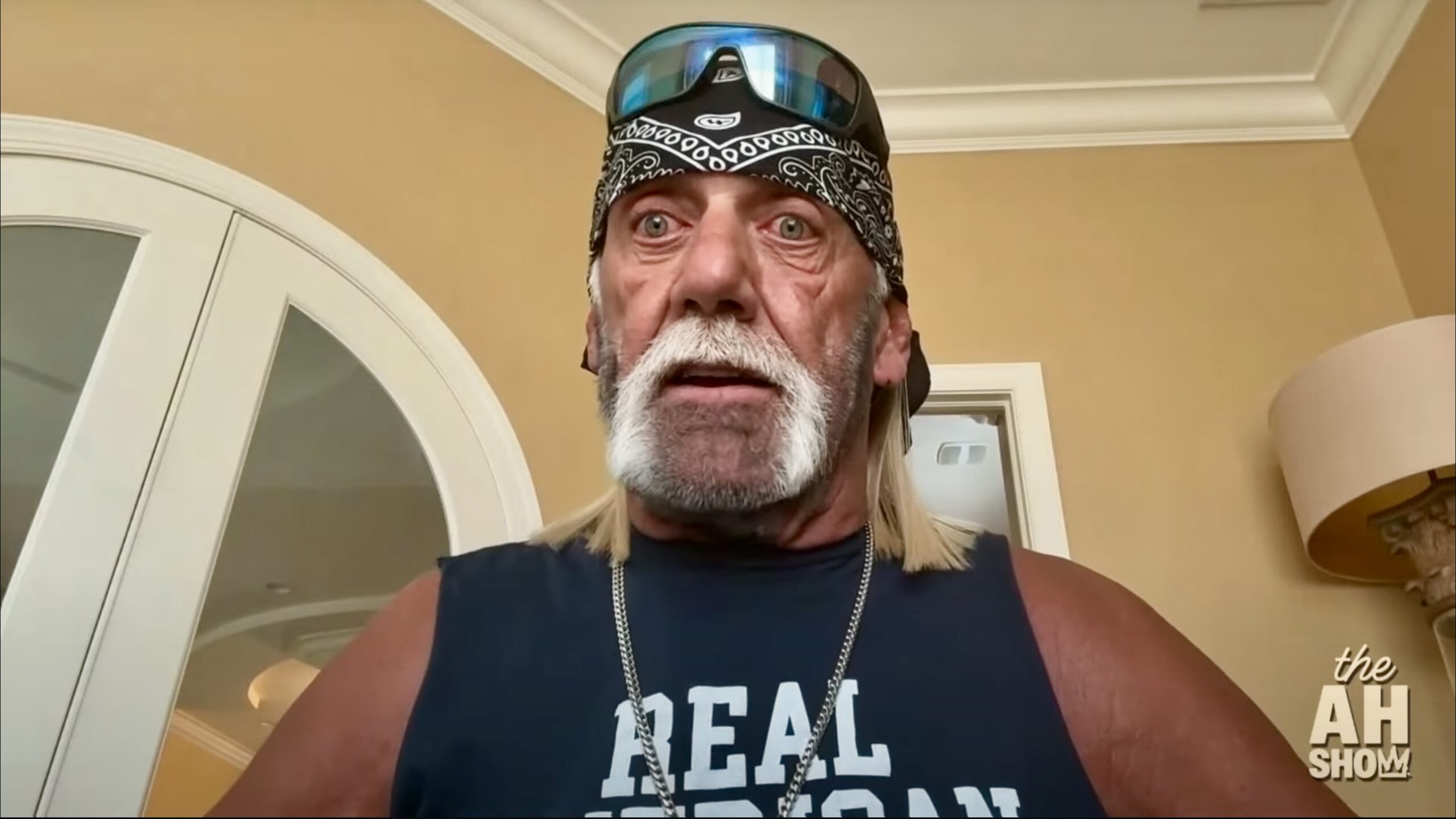
The narrative of Hulk Hogan as egotistical, self-serving, and a backstage politician was just the tip of the iceberg. A sex tape would follow and then, most damning, recordings of him issuing a racist rant in 2015.
Hogan’s words themselves were bad enough. He compounded them with his failure to take accountability. Rather than issue a meaningful apology, he equivocated around the way people talked when he was growing up and later lecturing the WWE roster about being careful not to get caught saying regrettable things on tape in place of actually apologizing.
Add on Hogan continually getting caught telling a range of lies like that he was almost a part of Metallica, that Andre the Giant weighed 600-plus pounds when Hogan body slammed him, or that he was offered the grill endorsement deal that George Foreman capitalized on. Add on the polarizing choice for Hogan to appear at the 2024 Republican National Convention and offer a full-throated endorsement of Donald Trump.
In the end, The Hulkster had alienated a significant portion of his fan base. He went from a largely cherished icon of the 1980s to alternately a punchline or an outright villain depending on one’s perspective.
The Legacy Of Hulk Hogan
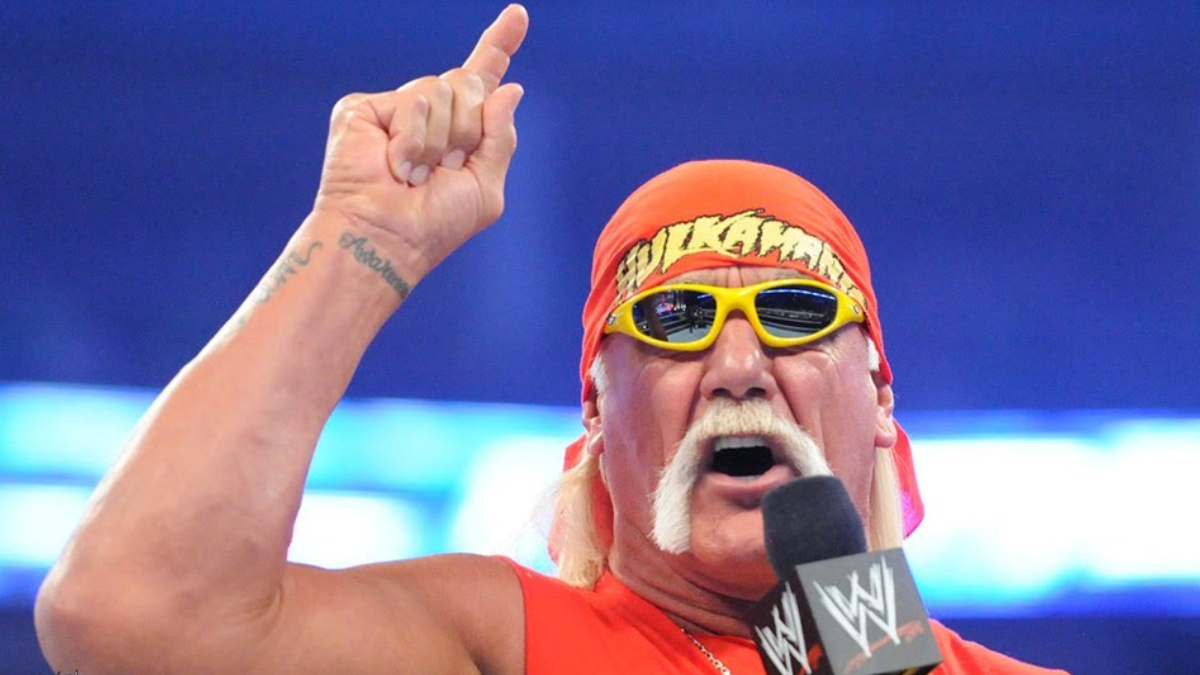
Hulk Hogan has one of the most complicated legacies in wrestling. For devout fans of certain eras of the business, it remains difficult to fully disavow him (and that’s doubly true for those who also aligned with his political views). Nonetheless, the racist sentiments in particular position him among those figures one had to—to put it kindly—parse the art from artist for.
Unlike Chris Benoit whose final acts and means of death were what condemned his reputation as a wrestler Hulk Hogan’s story had played out before he passed—greatest triumphs, warts, and all. It will be interesting to see if his importance to wrestling history or his public blunders “win” in the end as the lasting memories associated with him. It seems certain, though, for better or worse, Hogan will never be forgotten.

